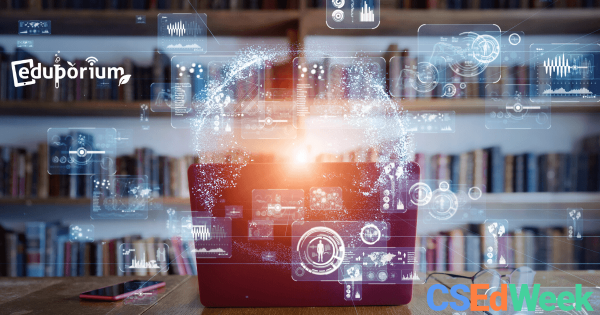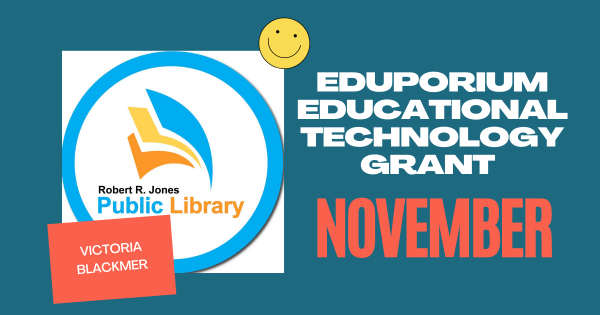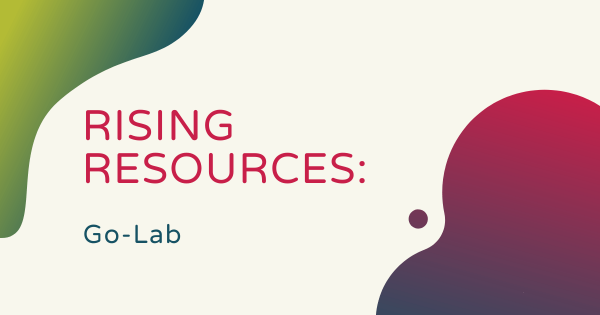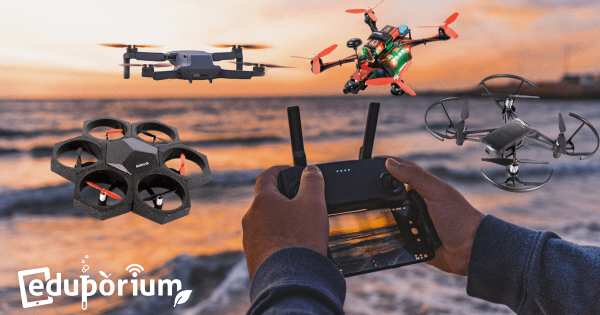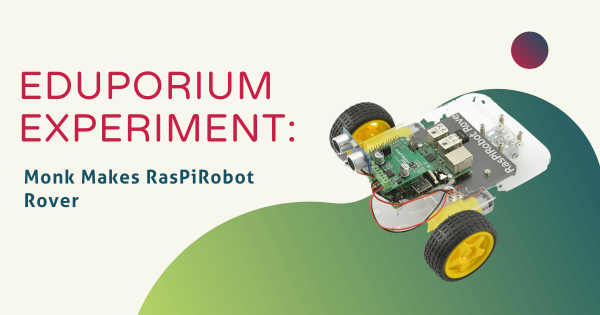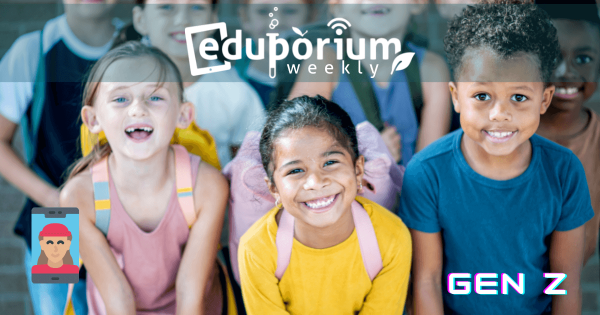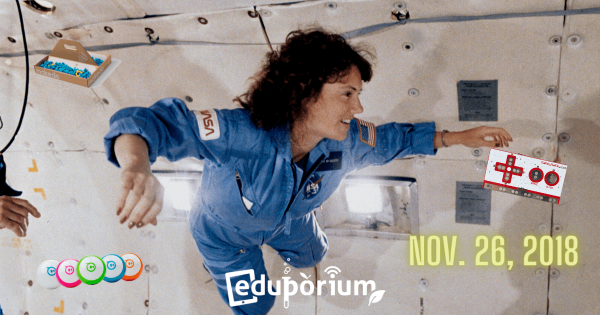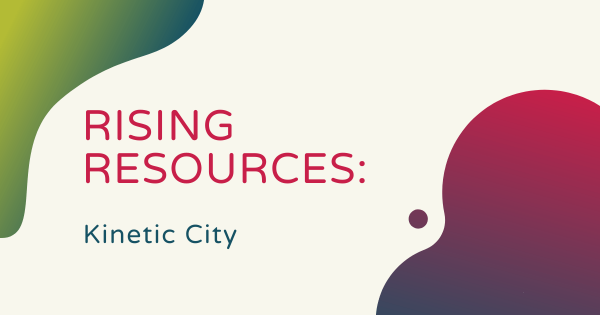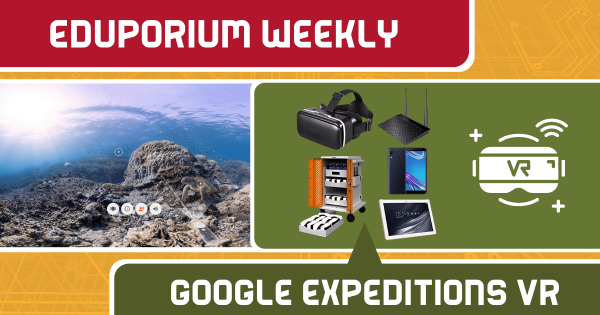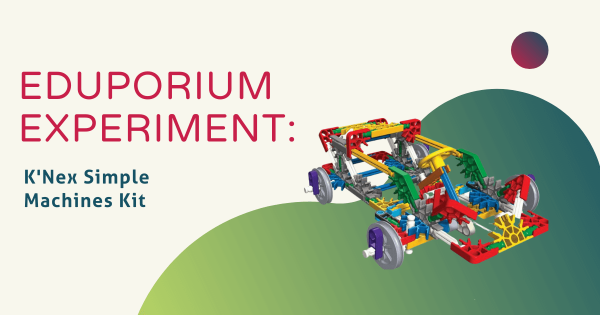Every year, students in schools around the world take part in Computer Science Education Week and the Hour of Code. Participation in this fantastic initiative has continued to grow every year since its official inception and we expect this year to the biggest one yet! This year’s CS Ed Week begins on Monday (Dec. 3) and runs through Dec. 9.
Eduporium Blog
-
Our November EdTech Grant Recipient: Victoria Blackmer
After careful consideration, we believed the most deserving applicant from this past month is Victoria Blackmer from the Robert R. Jones Public Library in Coal Valley, Ill. Victoria is a librarian at this library in Coal Valley, which is almost on the border of Iowa, and she has also begun to work closely with the nearby Bicentennial Elementary School. -
Rising Resources | Go-Lab Sharing and Authoring
Go-Lab (Global Online Science Labs for Inquiry Learning at School) is an online sharing and authoring platform for educators and students to create, complete, and share labs, apps, and inquiry learning spaces (ILSs). The platform is designed for science teachers in both early and upper grades to incorporate innovative technical learning opportunities. -
Small Drones. Big Drones. Create A Full-blown Drone Zone.
Though it seems like it might be too challenging or expensive to implement drones into STEM learning, the fact is that it’s no more difficult than adding more traditional STEAM tools. Aside from securing places to fly them, your biggest challenge might just be deciding on a model or two. But, don’t you worry—we’re here to highlight some of the -
Eduporium Experiment | The MonkMakes RasPiRobot Rover
If you’re looking to expand the use of your Raspberry Pi’s and even expose children to in-depth programming challenges, this MonkMakes RaspiRover Kit is a great way to combine computing, coding, and robotics. It’s an ideal kit for engaging ambitious children who are ready to take the next step and with further explore computer science principles with the Raspberry Pi. -
Eduporium Weekly | Teaching to the Students of Gen Z
Following millennials, Generation Z emerged in the mid-90s and is now getting set to make its mark on the world. Many of them are now in high school (depending on when you define the end of Gen Z), meaning they are preparing for their lives and careers. Like other generations, they are facing some challenges and incredible opportunities. -
Join Our Pre-conference Session at the CMTC and Win EdTech!
We’ll be the NYSCATE Annual Conference from Sunday-Tuesday, the NAMTC Leadership Summit in Colorado Springs, CO from Nov. 27-28, the AESA Annual Conference (also in Colorado Springs) from Nov. 28-Dec. 1, and perhaps the most important of the all—the Christa McAuliffe Tech Conference in Manchester, NH coming up just after Thanksgiving. -
Rising Resources | Science with Kinetic City
Kinetic City is a web-based science program that teaches a variety of science concepts via challenges, games, and activities. The theme of the program is “knowledge-eating viruses destroying our world’s science” with the solution being to complete the games and projects to “beat the bugs and set things right.” -
Eduporium Weekly | Exploring VR with Google Expeditions
There are a few VR systems that are great for educational use, including the Oculus Rift, HTC Vive, and Google Expeditions. This week, however, we’re going to talk about the last one. Google Expeditions is different from the other two systems for the simple fact that it’s designed specifically to be educational. -
Eduporium Experiment | K'NEX Simple Machines Kit
Engineering is a key part of 21st century education, so introduce your students to wheels, axles, and inclined planes with the K’NEX Simple Machines Kit! Recommended for students aged eight and up and as part of a 1:3 kit-to-student ratio, this kit serves as a great hands-on introduction to engineering and creative thinking.



